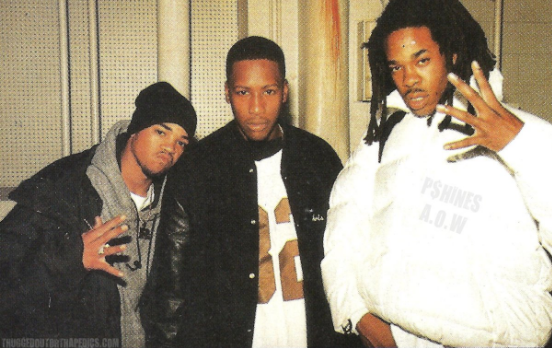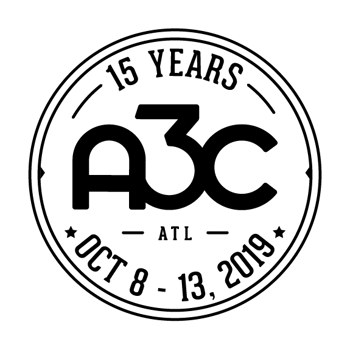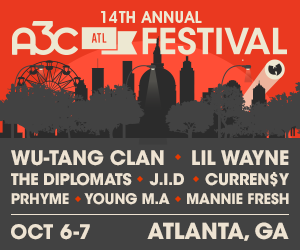
Rap cliques and squad raps were at an all-time high during 1996, where we witnessed influential artists teaming up with one another and piling the features on heavy. At this point in time, collaborative rap songs often focused on contrasts in styles or an unspoken competition among artists to see who could deliver the best verse. Although group songs today have shifted from that model, we can still look back and appreciate rap in its purest form, one of the greatest examples being “Flipmode Squad Meets Def Squad” a choice cut from Busta Rhymes’ debut album, The Coming. Arguably an example of “squad rap” at its finest, this record pits the unorthodox Flipmode Squad against the incomparable Def Squad in a battle of wits.
Jamal kicks things off for the Def Squad with an aggressive, intense verse discussing the violence--or lack thereof--that comes with wannabe gangsters in the streets. He doubts the true toughness in a lot of the men running around in the streets, and dares them to come at it. He goes on to compare himself and his lyrical ability to a loaded weapon that could kill any emcee that steps to him. Redman is next in line, bringing to the record an uncouth flair that only he can. Redman begins with big boasts about a weapon he’s not afraid to use, and the onslaught of pain he can bring to anyone who tries him. From that point on, he doesn’t really stay on one particular subject and instead turns to a seemingly endless barrage of non-sequiturs laced with clever wordplay. Although some may argue that his verse lacks meaning, they fail to realize that the verse is a testament to Redman’s style in itself, often disjointed and lacking a traditional format. Last in line from the Def Squad is Keith Murray, who kicks his verse off with a quick shot at any drug addicts out there. He claims that drugs, sex and violence only shadow the true reality of the world in front of you. From there, he speaks on his talent with the microphone, as well as his crew’s fearlessness in the streets.
After the Def Squad puts on an impressive display, an announcer is soon heard, providing an almost cinematic intermission between squads. From here, we’re launched into an all out rhymefest from the Flipmode Squad.
Rampage is first up, cutting to the chase and explaining to all how he makes the party pop the minute he steps into the room. People stare him down as he makes his entrance, and he knows it. From there, he switches it up a bit from the other verses that preceded him, speaking more on his affinity for women and ability to bed them effortlessly. He then follows suit of everyone else on the song, bigging up his rap skills and talking down on rappers that try to use the underground scene as a way to make a comeback from their fall out of mainstream relevancy. Lord Have Mercy may provide the most entertaining and unorthodox rapping style out of everyone on this track, coming forward with an odd flow and tone of voice. His verse also lacks on particular direction, but he speaks on a number of things abstractly, including mental health issues, his skills with lyrical delivery, the influence of rap music over young people, and drug use in the community. Busta Rhymes finishes things off with his own strange, undescribable flow that has long been his trademark. His verse is extremely eccentric, jumping from his love for marijuana to his crew’s mind control tactics that he likens to white supremacy. Busta lets it be known that he also has a knack for women in his own right, approaching them and consuming vast amounts of alcohol as a pastime. Although everything is delivered rather humorously, fans that listen closely will understand that he desires to use his abilities to provide wealth for his team and acquire the finer things in life. To close the verse, he shouts out the Flipmode Squad once and for all, detailing their fearlessness when defending their names and their pride in making crowds move. In his opinion, no other rap teams really compare to his, and if you think otherwise you need some education.
After a seemingly endless bout of back and forth verses, it’s tough to say which team in particular had the upper hand. Def Squad comes with a cleaner, more rhythmic delivery, providing flows that listeners can easily bounce to. Flipmode brings a bit more intensity and lawlessness to the show, not necessarily adhering to a particular style or rhyme scheme. Because this is technically a Flipmode song and the Flipmode representatives break a few more rules on the track, they get the upper hand on this one. Regardless of whom listeners may believe one the standoff, we can all sit back and appreciate the competitiveness of the song and its old-school Hip-Hop feel.



